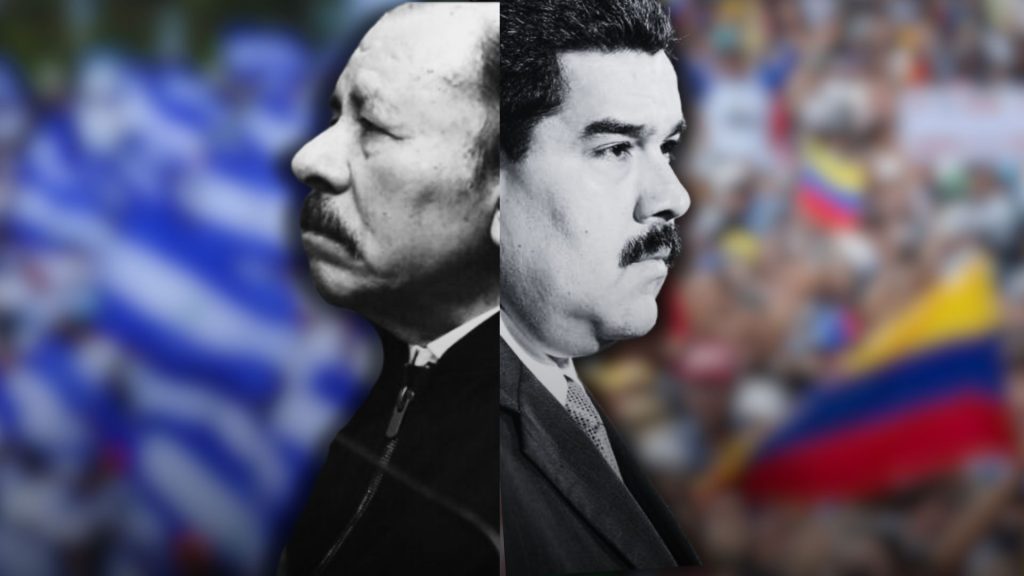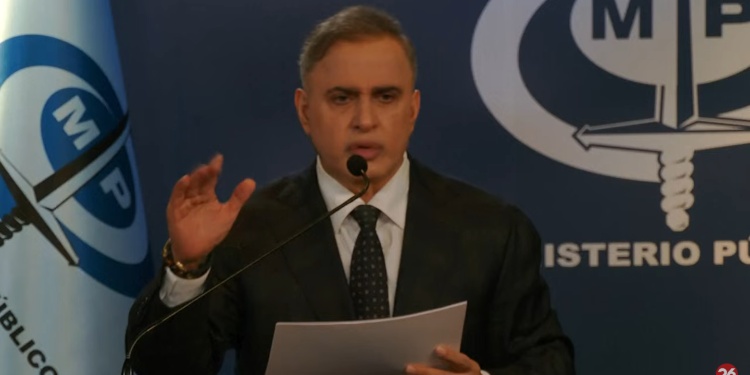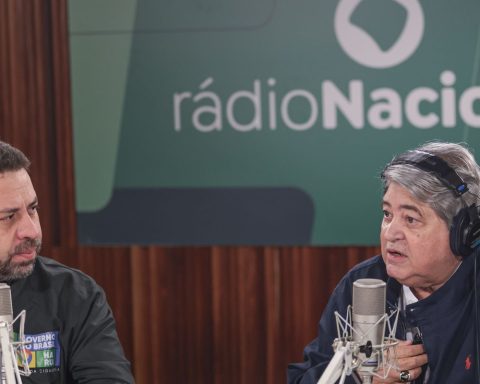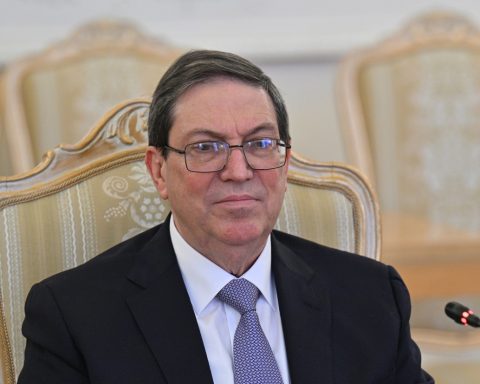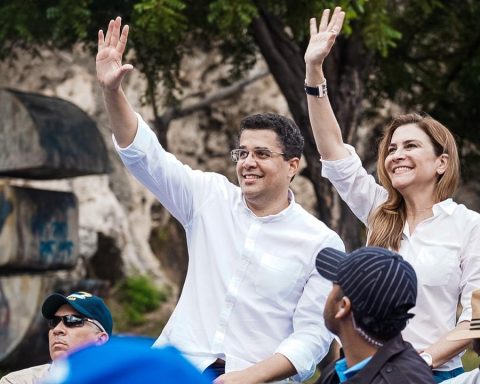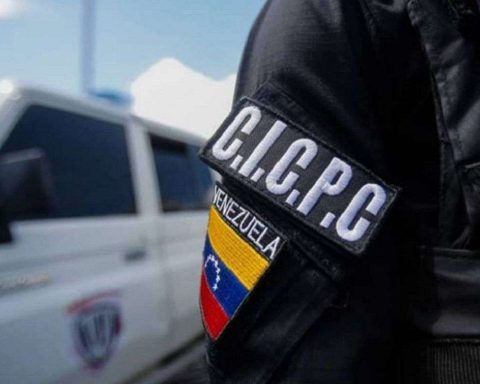V
enezuela is heading straight to becoming Cuba and we’ll be right behind us, dammit!
shouts a man in anguish, furious, with a slight Spanish accent, while he brings to his mouth a cut crystal glass containing a red liquid that is being cooled with ice, which he drinks slowly and immediately resumes the ominous lament: we are going to end up like Cuba, that’s where we’re going!
–Where to, sorry? To Cuba? Do you know Cuba? – asks a woman from the same group sharing the table.
“Well, no,” the man answers irritated, “there’s no point in going, it’s hell, there are no rights.”
–But –the woman interrupts– abolition of rights, in Franco’s Spain, from where your grandparents and parents came as exiles to Mexico, right?
–Cuba is worse –the man says–, today, yesterday and always; having to queue for a loaf of bread, and in the 21st century; because in Cuba, to have a loaf of bread you have to stand in line, that I know and I don’t have to go to find out, not even to Venezuela. And that’s where we’re going, the good thing is that I have a Spanish passport, there is democracy there, rights, I don’t have to stand in line for a loaf of bread.
The man –the woman thinks– presumes to be a citizen of a member country of the European Community in which democracy and rights are supposedly the subject resolved
but at the same time she seems not to understand how democratic it is when several people line up behind the first person to get there in order to achieve a specific goal, as happens in any store, movie theater, theater, airport, fast food restaurant, and even in tortilla shops. Since she has not been to Cuba – she reflects – she has no idea of the existence of the booklet that guarantees the universal right to food through a basic family basket that includes 19 basic products, a response to confront a criminal blockade imposed decades ago. Armed with patience, the woman set about explaining a few things about Cuba to the man who forgot the reasons for his grandfather’s exile.
There are deficiencies in Cuba, Europe, the United States, everywhere, but there are levels that, due to information barriers and a discourse that presents money as God and paradise as a promise that we can enjoy on earth through consumption, are not observed by a population that is too busy possessing what society demands of it: objects that it really does not need. For them, public health, food supply, quality education or access to culture are secondary, and their lack is considered a punishment for those who, regardless of their context, are poor. A good economy, they believe, is measured by the number of people who have a car and not by the number of citizens who use public transportation; they pretend that a healthy economy is one that allows a very small sector to own 1,500 dollar phones at the same time that millions do not have health services and suffer from hunger.
In Cuba there are no large supermarkets or flashy shops. There is no variety of flours for baking cakes, no selection of isotonic drinks, its inhabitants do not have iPhones or wear designer clothes, which is why millions claim that Cubans live in poverty that is foreign to them in their countries. Is this true?
Here are some figures: 12 million Spaniards, 25.3 percent of the population, are at risk of poverty or social exclusion; 45.2 percent of the population has some difficulty making ends meet. In the United States, income inequality is very high: the top 10 percent earn almost half of all income, and the bottom 50 percent earn only 13 percent. The official poverty rate in 2022 was 37.9 million people, and the supplementary poverty measurement rate represented an increase of 4.6 percent.
Cuba does not measure poverty in the same way as other nations do. Unlike Cuba, the intention is not for the people to spend, but for the people to have. According to the United Nations Development Program, the Multidimensional Poverty Index, which identifies deficiencies in the areas of health, education and standard of living, places Cuba as the country with the second lowest index of multidimensional poverty. People do not die of hunger, they have the opportunity to receive higher education and public health, something that neoliberal society seems to dismiss in favor of toilet paper, Levi’s jeans or a bottle of whiskey.
All Cubans are guaranteed the right to health, which is why they are the country with the most doctors per inhabitant on the continent.










